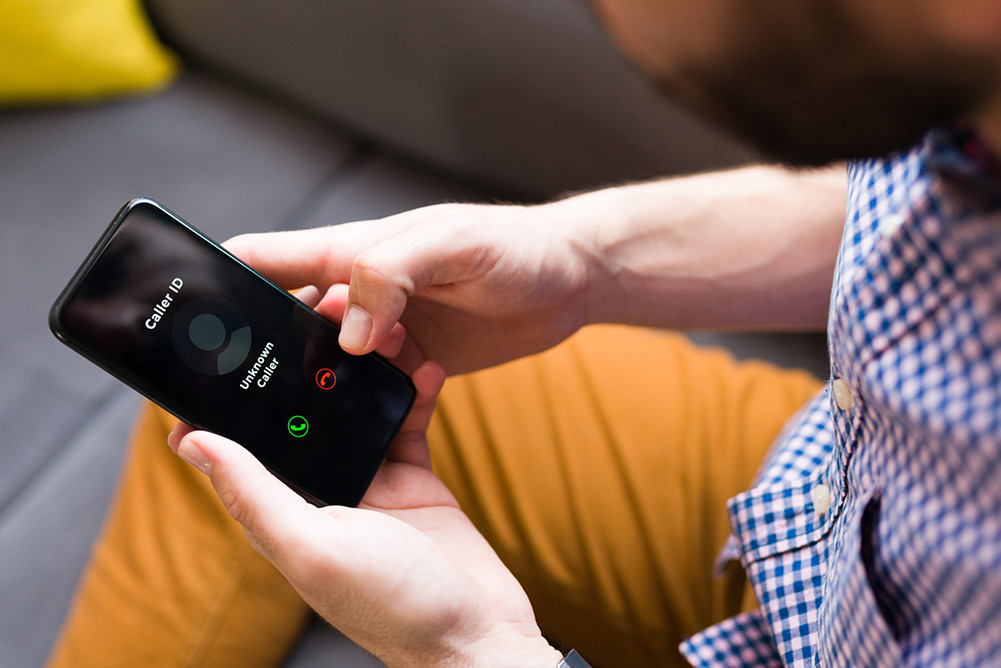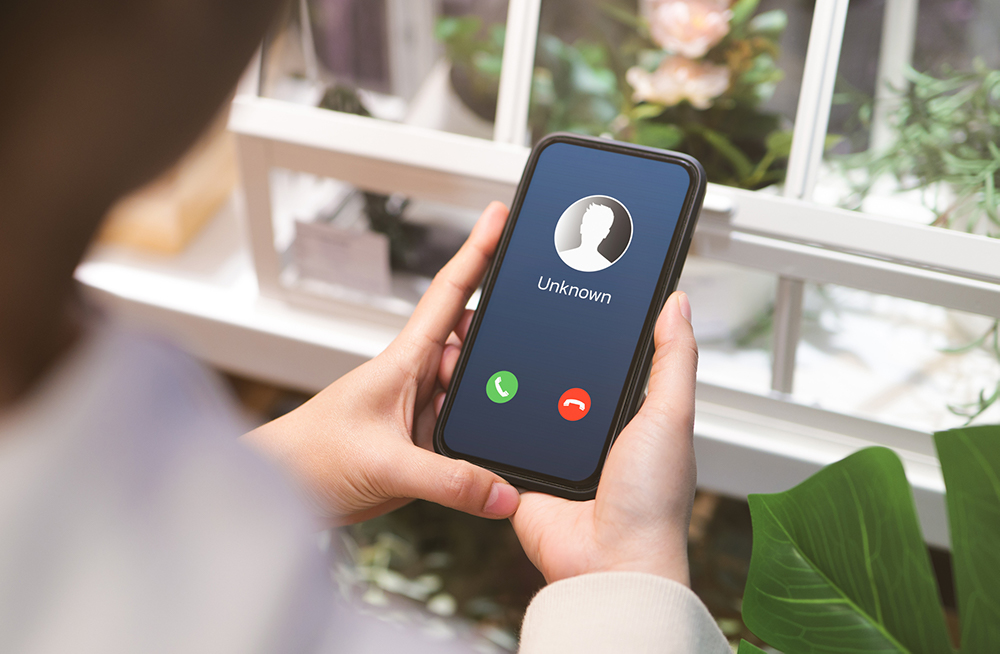We’re back with an update on the evolution of the FCC’s new consent revocation rules. While many of the rules we previously discussed are set to kick in on April 11, 2025, the FCC just issued a one-year stay—until April 11, 2026—for a portion of the new rules. Here’s what you need to know about what’s changed and what’s stayed the same.
Background
The TCPA’s 227(b) restrictions—the TCPA and the FCC’s implementing regulations—prohibit making non-emergency calls to cellular telephone lines using an autodialer or artificial/prerecorded voice without the called party’s prior express consent (PEC). If those calls are sales calls, you must have the called party’s prior express written consent (PEWC).
Similarly, it is prohibited to make non-emergency calls to residential telephone lines using an artificial or prerecorded voice without the called party’s PEC. If those calls are sales calls, you must have their PEWC.
What Are the FCC’s New Consent Revocation Rules?
Under the FCC’s new consent revocation rules, called parties can use any reasonable method to revoke their PEC or PEWC to receive autodialed calls and texts and/or artificial or prerecorded calls.
When a called party uses a reasonable consent revocation method, his or her consent is revoked. The new rule includes multiple examples of what’s considered a reasonable method of revoking consent, including this catch-all: “if a reasonable person would understand th[e] [person’s] words to have conveyed a request to revoke consent.”
This portion of the FCC’s rule, besides providing specific examples of what’s considered a reasonable consent revocation method, isn’t really anything new. The FCC and various courts have held that consent can be revoked through any reasonable means for years now.
Under the new rules, if the caller or texter interprets a revocation request as limited to a particular channel of communication, or is otherwise not a reasonable method to revoke, the burden is on the entity (you) to explain why the consumer’s revocation-related communication was not a reasonable consent revocation.
New Internal DNC Rules Remain for April 11, 2025
Under the FCC’s updated rule, a person’s revocation of their consent to receive regulated calls must be honored within a reasonable time, not to exceed 10 business days. These updated rules will still take effect on April 11, 2025. So if you’re ready, great; if not, giddy-up.
What Parts of the New Rules are Stayed Until April 11, 2026?
In response to various requests from the banking and healthcare industries, the FCC granted a waiver of its rules for another year. The scope of the waiver is not entirely clear, but the narrower reading of the FCC’s Order gives callers and texters an extension “to the extent the rule[s] require callers to treat a request to revoke consent made by a called party in response to one type of message as applicable to all future robocalls and robotexts from that caller on unrelated matters.”
The FCC intends its new consent revocation rules to allow a called party to revoke their consent to receive any and all autodialer calls and texts and/or prerecorded voice calls from an entity through a single consent revocation request. That part of the new rules is stayed until April 11, 2026.
Example of the New Consent Revocation Rules
Here is an example to help clarify the scope of the stay. A bank makes prerecorded promotional calls (sales calls requiring PEWC), sends autodialed promotional texts (sales texts requiring PEWC), and sends autodialed fraud-alert texts (informational texts requiring only PEC) to consenting customers.
In response to an autodialed promotional text, one of the bank’s consenting customers simply replies “STOP.” (We’ll assume/pretend a TCPA regulated autodialer can be found post-Facebook.)
Under the new consent revocation rules, the bank has to treat that person’s consent revocation request as applying to the prerecorded promotional calls, autodialed promotional texts, and the autodialed fraud-alert texts; even though the customer only sent the revocation request in response to an autodialed promotional text (and even though it probably makes no sense to assume the consumer would not want to know about potential fraud on their bank account).
But under the FCC’s stay, until April 11, 2026, unless the customer provided additional clarification that they really did not want fraud alerts, the bank only has to treat that “STOP” reply as applicable to autodialed promotional calls/texts and prerecorded promotional calls.
The bank does not have to treat the “stop” reply as a consent revocation request for autodialed fraud-alert texts, because such texts are unrelated to the bank’s promotional calls and texts.
Why Did the FCC Stay Part of the New Consent Revocation Rules?
In its order, the FCC explained that part of the grounds for ordering the stay is to give complex institutions additional time to design systems that allow them, when receiving a customer’s revocation request, to process internal DNC requests across different business units and/or to clarify the scope of the consumer’s revocation, so they don’t apply it to a broader category of messages than the customer intended.
That said, the narrower reading of the FCC’s stay Order only applies to revocations of consent to receive other types of communications on “unrelated matters.”
For now, the new consent revocation rules will continue to move forward—just not all at the same time.
This article is only offered for informational purposes; it is not legal advice. Please consult a qualified attorney for your specific compliance needs.
Joe Bowser
Joe Bowser is a partner at Roth Jackson. He has been practicing communications and marketing law for two decades. He advises and defends calling and SMS platform providers (like Readymode), carriers/VoIP providers, and heavy users of those services in their wide range of compliance needs. In his spare time, you can find him taking his boys to their sports, getting in a workout of his own, or catching an Arsenal match.








